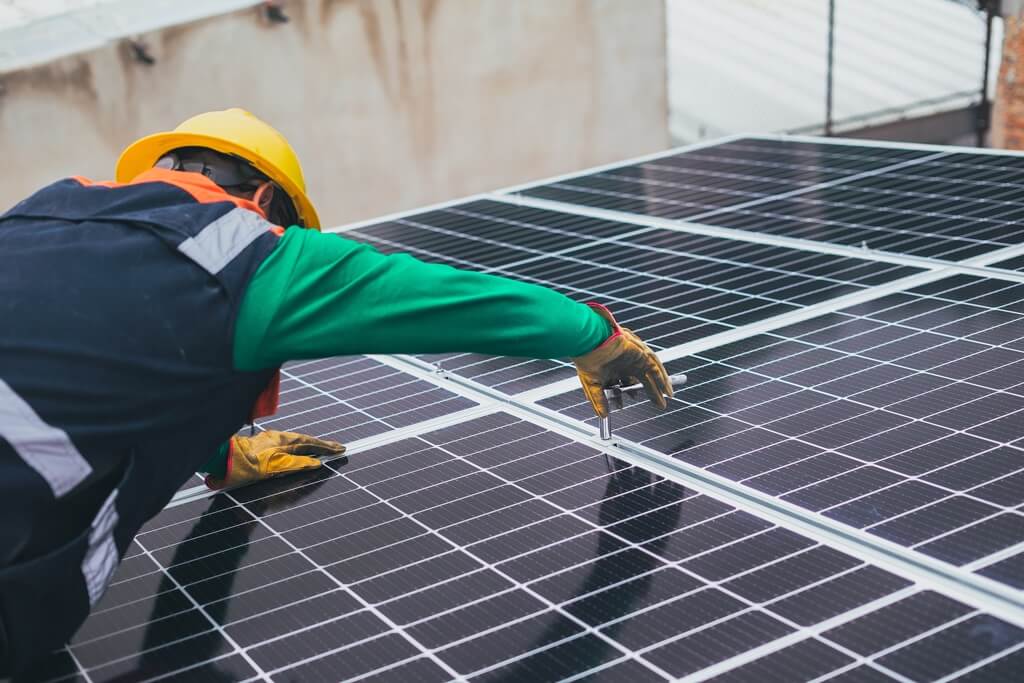Thermal imaging drones that can quickly scan large solar farms. it can reduce the time required for thermal inspections compared to manual methods.
Ready with infrared cameras the drones provide precise thermal images that can identify the hotspots and underperforming panels with high accuracy.
Thermal imaging drones can help to reduce maintenance costs and prevent damage to solar panels.
Using a drone for inspections can stop the need for technicians to physically access unreachable dangerous areas.
Drones can cover most of the areas in a single flight. You have to ensure that no part of the solar installation is overlooked.
The collection of data by drone can be stored and analyzed over time which can help the operators track the performance and degradation of solar panels.
The detail of the thermal imaging report can maintenance the teams prioritize repairs and maintenance activities which can improve the overall efficiency and longevity of the solar panels.
In Australia Thermal imaging drones for solar panel inspection
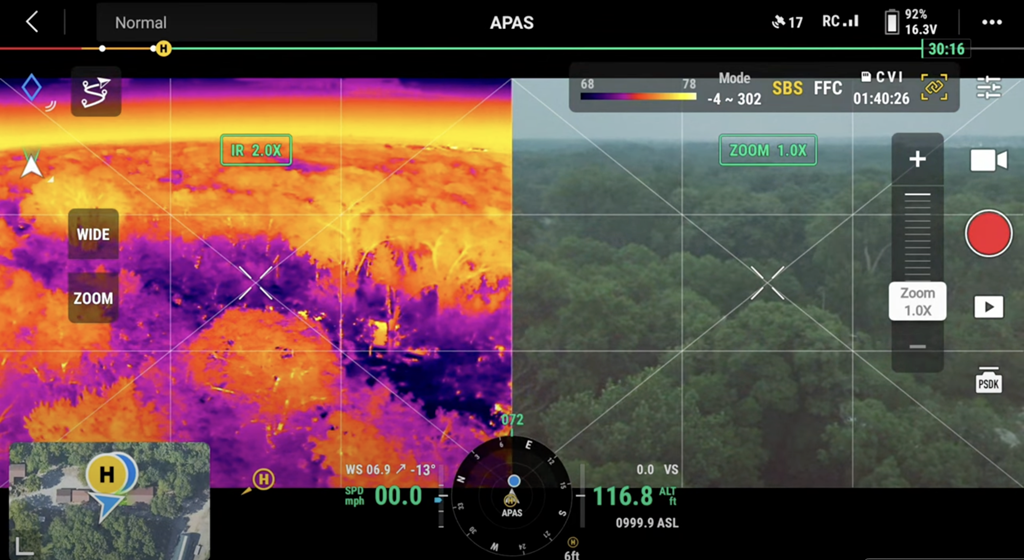
In Australia, the use of thermal imaging drones for solar panel inspection is quickly increasing the solar energy becomes a more prominent part of the national energy mix.
These drones can help Australian solar farms which have to maintain the optimal performance that can identify quickly and address inefficiencies or the fault of solar panels.
Australia’s powerful and varied climate can make regular inspections crucial. It can provide a reliable method to ensure panels can function correctly despite environmental challenges.
Using thermal imaging drones can help Australian solar operators that can comply with stringent energy regulations and standards. They can ensure their installation meets their performance and safety requirements.
Many of the solar farms in Australia are located in remote areas. Drone can provide an efficient way to conduct inspections without the need for extensive travel.
Reducing the need for manual inspections and minimizing the time due to maintenance, thermal imaging drones can offer significant cost savings for Australian solar panel operators.
The latest technologies like thermal imaging drones position the country as a leader in renewable energy management and sustainability practices.
The inspections and maintenance of solar panels ensure that Australia’s renewable energy sources are maximized. Contributing positively to the country’s environmental goals.
Prices of thermal imaging drone for solar panel inspection
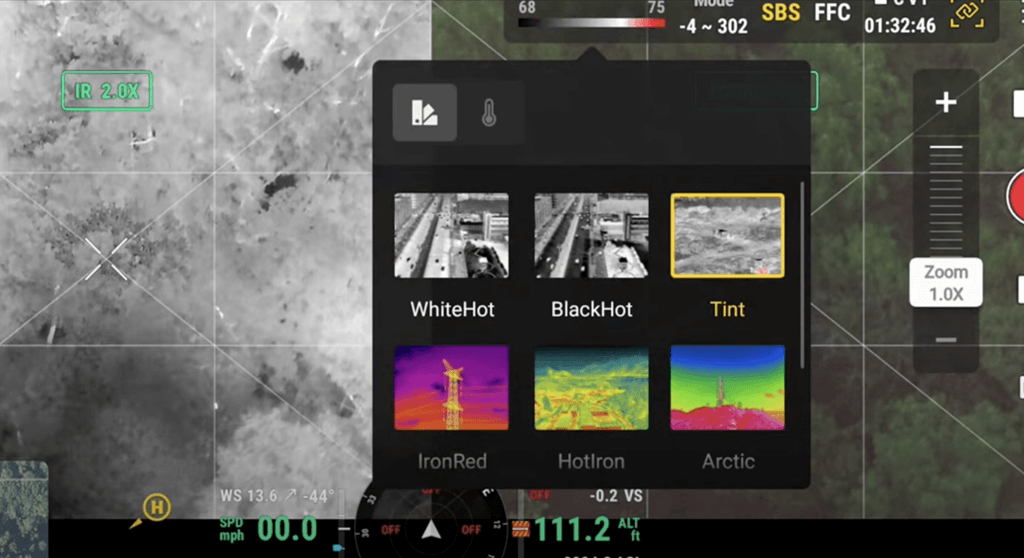
The cost of a thermal imaging drone for social panel inspection is used widely. The range of thermal price cost is a few thousand dollars on the basic models to tens of thousands for high-end, professional-grade drones.
Basic thermal imaging drones that are suitable for smaller solar installations or limited use between $2,000 and $5,000. These normally offer lower-resolution cameras and fewer latest features.
The latest drones can make better image resolution and additional features like GPS tracking and automated flight paths. They are priced between $5,000 and $15,000.
Professional grade thermal imaging drones that can ready with high-resolution cameras and can take a longer flight time which can be cost upwards in the prices of $15,000 to $30,000 or more.
The initial purchase price can make up for the additional costs to consider, such as training, software subscriptions for data analysis, maintenance, and potential restorations.
The high upfront costs that many solar panel operators can find the investment in thermal imaging drones are justified by the significant savings in maintenance costs and improved efficiency.
Many companies can offer leasing or financing options to help spread the cost of high-end thermal imaging drones, which are more accessible to smaller operators.
As the technologies can become more widespread and latest, prices are likely to become more competitive which can increase the availability of affordable yet capable models.
Best thermal imaging drone for solar panel inspection
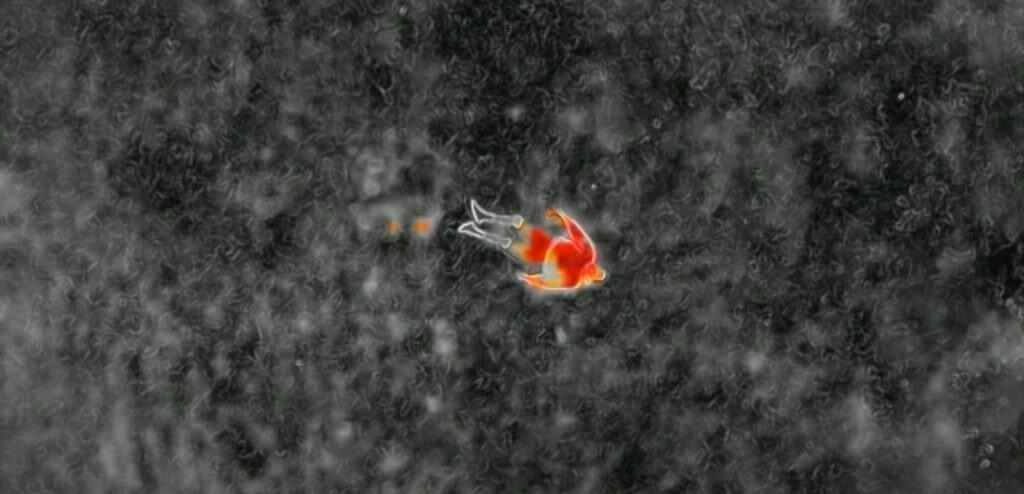
DJI Matrice 300 RTK
DJI Matrice 300 RTK is the latest feature drone. It is the best choice for solar panel inspection. In this drone, there is high precision, long time to flight, and compatibility with the DJI Zenmuse H20T which can provide thermal imaging alongside visual and zoom cameras.
DJI Phantom 4 RTK
DJI Phantom 4 RTK drone which can combine ease of use with powerful thermal imaging abilities. They can be ready with the FLIR Vue Pro thermal camera which can make an excellent choice for smaller to mid-sized solar installations.
Parrot Anafi Thermal
Parrot Anafi Thermal is a very affordable drone option. The Parrot Anafi Thermal delivers high-resolution thermal imaging in a compact and lightweight design. The smaller solar farms deal with this for quick inspections.
DJI Mavic 2 Enterprise Dual
DJI Mavic 2 Enterprise Dual drone is praised for its portability and dual-camera system. This drone features both RGB and thermal sensors. It’s suitable for quick and efficient inspections of solar panels, especially in dangerous areas.
SenseFly eBee X
SenseFly eBee X is the long endurance and high-quality imaging, the eBee X which is very suitable for large-scale solar farms. It can cover extensive areas in a single fly and delivers all the detailed thermal imaging data.
Autel Robotics EVO II Dual 640T
SenseFly eBee X drones Feature a 640×512 thermal resolution camera, and the Autel EVO II Dual 640T provides excellent image quality and the latest analysis tools. It’s a versatile and powerful drone for comprehensive solar panel inspections.
FLIR SkyRanger R70
FLIR SkyRanger R70 is specially designed for industrial inspections, the FLIR SkyRanger R70 offers the latest thermal imaging and rugged durability. It’s well-suited for large solar installations and harsh environmental conditions.
Yuneec H520E-RTK
Yuneec H520E-RTK drone shows a robust thermal imaging solution with their E10T camera. It is designed for precise inspections and mapping, providing high-quality thermal data for solar panel maintenance.
Aerial Thermography Certification
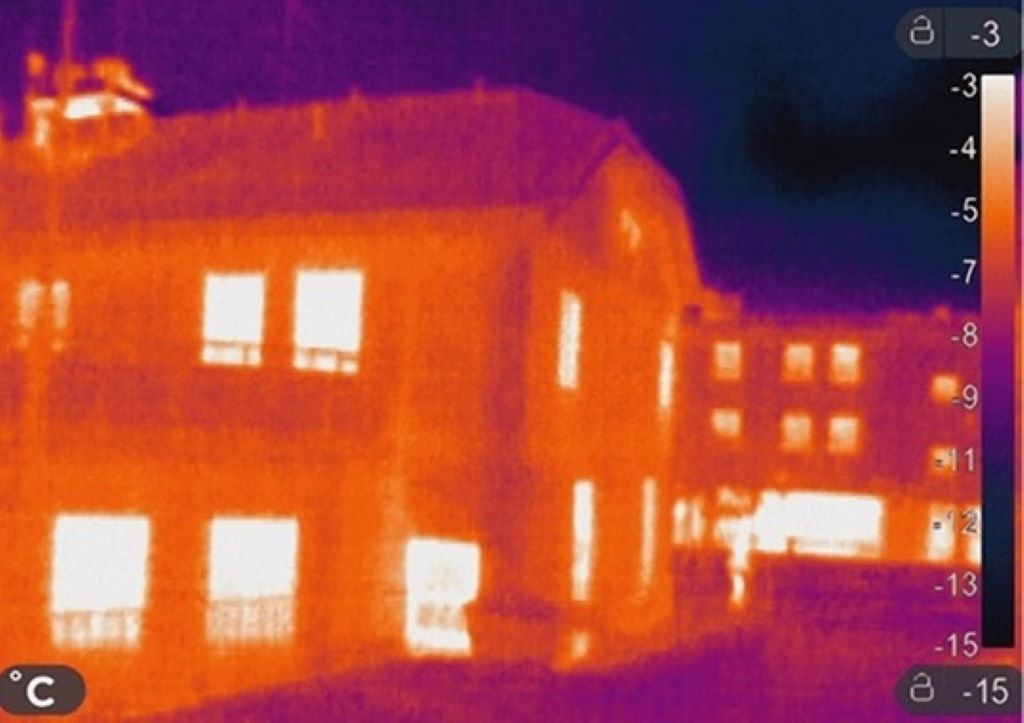
Aerial thermography certification can improve professional credibility, demonstrating expertise and knowledge in the field of thermal imaging and drone operations.
Aerial thermography certification ensures that you are aware of and comply with appropriate regulations and industry standards, which is crucial for legal and safe drone operations.
An aerial thermography certification has opened doors to new career opportunities and advancements in fields such as renewable energy, infrastructure inspection, and industrial maintenance.
Drone inspection
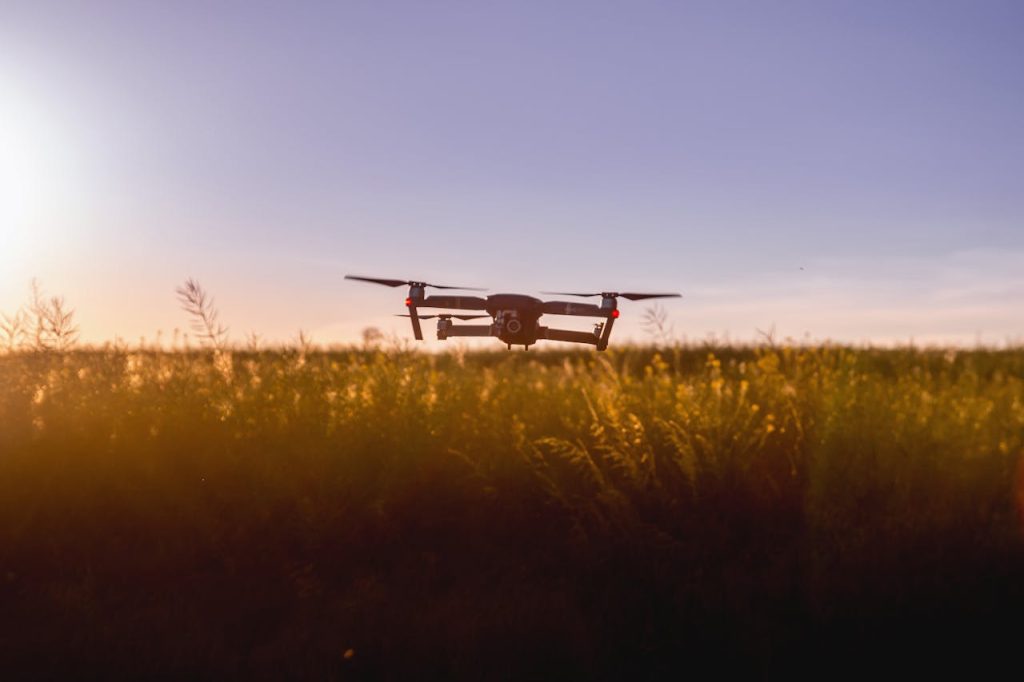
Drone inspection is the revolution in the way industries conduct maintenance and assessments which can provide a safer, faster, and more cost-effective method which is compared to traditional techniques.
Ready with high-resolution cameras and sensors. The drones can access unreachable areas, capturing detailed footage and data that can highlight potential issues.
This technology is mostly used in different sectors, including construction, agriculture, and energy, where it enhances efficiency and reduces time.
Solar inspections
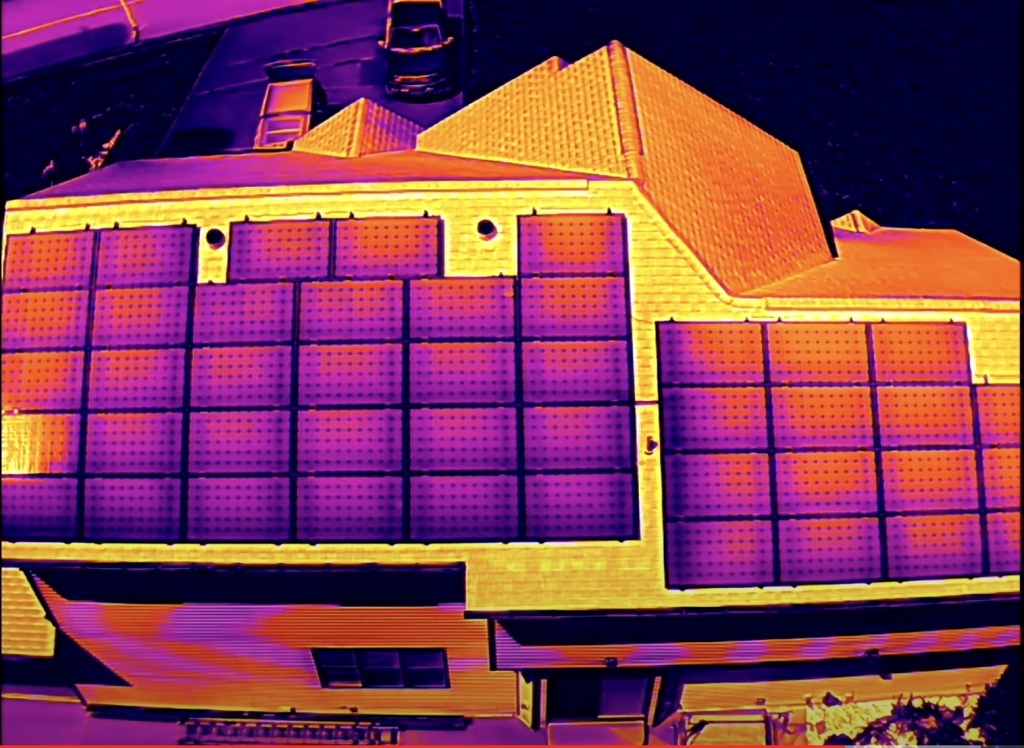
Solar inspections are important for maintaining the efficiency and longevity of solar energy systems. These inspections involve assessing solar panels, inverters, and other system components to identify any faults, inefficiencies, or damage.
Regular solar inspections ensure optimal performance by detecting issues such as shading, dirt accumulation, or electrical faults that can significantly reduce energy output.
Using the latest technologies such as drones equipped with thermal imaging cameras, solar inspections can be conducted quickly and accurately, covering large areas with minimal disruption.
By ensuring that solar installations are operating at peak efficiency, these inspections help maximize the return on investment and contribute to sustainable energy production.
